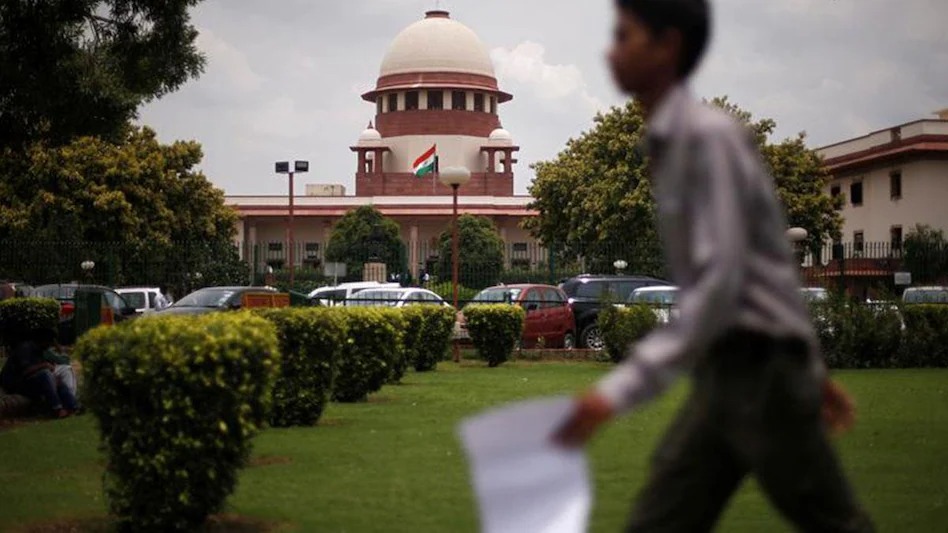SNS KASHMIR
NEW DELHI, NOVEMBER, 07:
The Supreme Court on Monday upheld the 10 per cent reservation for Economically Weaker Sections (EWS). The decision was upheld with a 3:2 majority, with three of the five judges voting in favour of the quota. They said that it did not violate the Constitution.
The five-judge bench was headed by Chief Justice of India (CJI) UU Lalit, along with Justice Dinesh Maheshwari, Justice S Ravindra Bhat, Justice Bela M Trivedi and Justice JB Pardiwala.
Justice Maheshwari said that EWS amendment does not violate the basic structure as it is based on an economic criteria and that the state forming a special provision for EWS quota does not violate the basic structure. He said that reservation is an instrument of affirmative action so as to ensure inclusivity for an egalitarian society, according to a report by Bar and Bench.
He said that it is a means of inclusion of a disadvantaged class or section, and reservation on economic basis does not violate the basic structure of the Constitution.
Justice Trivedi concurred, by way of a separate judgment. She added that enabling the state to make special provision for other than SC/ST should be seen as an affirmative action. Legislature understands the needs of the people, said Justice Trivedi.
Justice JB Pardiwala upheld EWS and said continuance of reservation for people who have moved ahead should be brought to an end. “The ways to determine backward classes need a re-look so that ways are relevant in today’s time. Reservation should not continue for an indefinite time so that it becomes a vested interest,” he said.
Justice Ravindra Bhat dissented and said that the judgment is deluding people to believe that individuals with backward class benefits are better placed. “Economic destitution, economic backwardness is backbone of this amendment and on this account amendment is constitutionally indefeasible. However, excluding the classes such as SC/ST, OBC is not constitutionally permissible,” he said.
The apex court delivered the judgment after concluding the hearing of the pleas on September 27 that challenged the validity of the 103rd Constitutional Amendment, which grants 10 per cent reservation of EWS. NGOs Janhit Abhiyan and Youth for Equality and others challenged the amendment and said that economic classification cannot be the sole basis for reservation. The act provides reservation of 10 per cent seats in educational institutions and public employment for EWS of citizens apart from SC, ST, and socially and educationally backward classes.(CNS)

